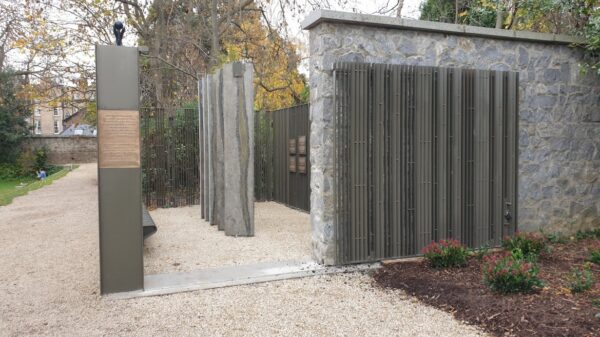On 11 February 2021, Front Line Defenders launched its Global Analysis 2020 report on the situation of human rights defenders (HRDs) around the world, detailing the physical assaults, defamation campaigns, digital security threats, judicial harassment, and gendered attacks faced by HRDs, especially women and gender non-conforming human rights defenders.
The work of the HRD Memorial project was profiled in the report, including the names of the 331 HRDs who were killed in 25 different countries for carrying out their peaceful human rights work in 2020. of these 331 HRDs, 26% were working specifically on the rights of indigenous peoples, despite indigenous peoples only making up approximately 6% of the world’s population. The most at risk group were defenders working on land, environmental or indigenous peoples rights, who account for 69% of the HRDs killed.
Killings took place in 25 countries in 2020:
Afghanistan – 17 HRDs
Bolivia – 1 HRD
Brazil – 16 HRDs
Canada – 1 HRD
Chile – 4 HRDs
China – 1 HRD
Colombia – 177 HRDs*
Costa Rica – 1 HRD
Democratic Republic of the Congo (DRC) – 1 HRD
Guatemala – 15 HRDs
Honduras – 20 HRDs
India – 6 HRDs
Indonesia – 2 HRDs
Iraq – 8 HRDs
Libya – 1 HRD
Mexico – 19 HRDs
Nepal – 1 HRD
Nicaragua – 2 HRDs
Pakistan – 1 HRD
Peru – 8 HRDs
Philippines (the) – 25 HRDs
South Africa – 1 HRD
Sweden – 1 HRD
Syria – 1 HRD
Thailand – 1 HRD
* Additional cases from the last quarter in Colombia are still in the process of verification.
Why are so many HRDs killed in Colombia?
Following the signing of the peace agreement (November 2016) and the demobilization of the FARC and in the absence of any, or at best limited, state presence or apparatus, new and existing armed groups assumed control of territories once controlled by the disbanded groups. Since 2017, these warring factions have competed to control the territories in pursuit of their illicit economic and trafficking activities. HRDs have been left exposed by the failure of the Colombian government to implement crucial elements of the peace agreement. Political leaders have stigmatised defenders who highlight the situation while in some cases the authorities gave withdrawn protection measures from leaders at risk. It has been left to HRDs to push for the implementation of crucial elements of the peace accords and to promote crop substitution programmes to their communities. These defenders, alongside those defending land, environment and indigenous peoples’ rights, are routinely targeted by defenders. Last year saw the added dimension of these armed groups violently imposing quarantines, mobility restrictions and forcing communities to comply as a means to better exert their control and limit the abilities of those opposing their illicit activities. The State’s response was to increase the military’s presence in these territories, which has been counter-productive and ultimately has increased the levels of violence and risk for communities and HRDs. Military personnel have also been denounced for their disproportionate use of force against civilians and HRDs.
Sirley Yesenia Muñoz Murillo from Programa Somos Defensores, Colombia comments at the Global Analysis 2020 report launch press conference.
Note on defenders killed in Canada, Pakistan and Sweden
2020 saw the shooting dead of one Baloch rights defender, Shaheena Shaheen*, in Pakistan, and the death in suspicious circumstances of 2 more Baloch rights defenders, Sajid Hussain and Karima Baloch. Both Hussain and Baloch were living in exile in Sweden and Canada respectively, after receiving threats to their lives in Pakistan as a result of their activism. Sajid, who had been living in Sweden since 2017, disappeared on 2 March and his body was found on 23 April in the Fyris river, north of Uppsala, Sweden. Similarly, Baloch disappeared in Toronto, Canada, on 20 December and her body was found on 21 December in a body of water off Toronto Island. While authorities in both Sweden and Canada have ruled that these deaths were accidental, the families and the human rights community in Balochistan are calling for more thorough investigations into these two drownings. *Shaheena Shaheen was shot dead in her home in Balochistan by her husband of five months, who reportedly wanted her to stop her activism and disapproved of the public profile her work brought her.
Human Rights Defenders – Profile pages
Over the course of the coming weeks and months an individual profile page for each of the HRDs killed in 2020 will be added to the HRD Memorial website.
This is a space dedicated to their memory. To remember and celebrate their human rights work.
If you would like to write one of these HRD Memorial profiles, please contact the HRD Memorial Project Coordinator, Michelle Foley michelle@frontlinedefenders.org
